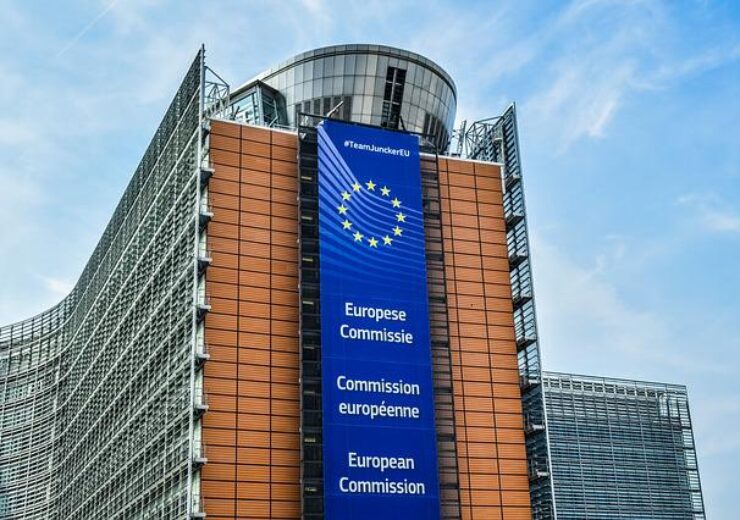The project covers hydrogen generation, storage, transportation and distribution of hydrogen, fuel cells, and end-users applications

The state aid offered by 15 countries for the IPCEI Hy2Tech project gets EC approval. (Credit: Dimitris Vetsikas from Pixabay)
The European Commission (EC) has approved up to €5.4bn support from 15 member states for the IPCEI Hy2Tech project, an Important Project of Common European Interest (IPCEI) related to the hydrogen technology value chain.
The project is designed for supporting research and innovation as well as the first industrial implementation of various technological breakthroughs.
It is said to span an extensive part of the hydrogen technology value chain. The project covers hydrogen generation, fuel cells, storage, transportation and distribution of hydrogen, and end-users applications, especially in the mobility sector.
The member states that are supporting the programme include France, Germany, Spain, the Netherlands, Poland, and others.
As part of the IPCEI Hy2Tech programme, 35 firms having activities in one or more member states will take part in 41 projects.
According to the EC, the IPCEI Hy2Tech project is anticipated to draw an additional €8.8bn in the form of private investments.
EC Executive Vice-President Margrethe Vestager, in charge of competition policy, said: “Hydrogen has a huge potential going forward. It is an indispensable component for the diversification of energy sources and the green transition. Investing in such innovative technologies can however be risky for one Member State or one company alone.
“This is where State aid rules for IPCEI have a role to play. Today’s project is an example of truly ambitious European cooperation for a key common objective.”
The project will help in developing significant technological breakthroughs, said the EC. These include more performant fuel cells, new highly efficient electrode materials, and innovative technologies in transportation.
The Commission ruled that the project contributes to a common goal by underpinning a major strategic value chain for the future of Europe. Besides, it helps in meeting the objectives of important European Union (EU) policy initiatives such as the Green Deal, REPowerEU, and the EU Hydrogen Strategy.
EC internal market Commissioner Thierry Breton said: “With this IPCEI, we see EU hydrogen production moving “from lab to fab”; and our industry turning technological mastery into commercial leadership. And of course, we are not only supporting hydrogen through funding.
“We have also made decisive progress on building partnerships through the Clean Hydrogen Alliance and are developing EU-wide rules for enabling the hydrogen market and creating dedicated infrastructure.”
